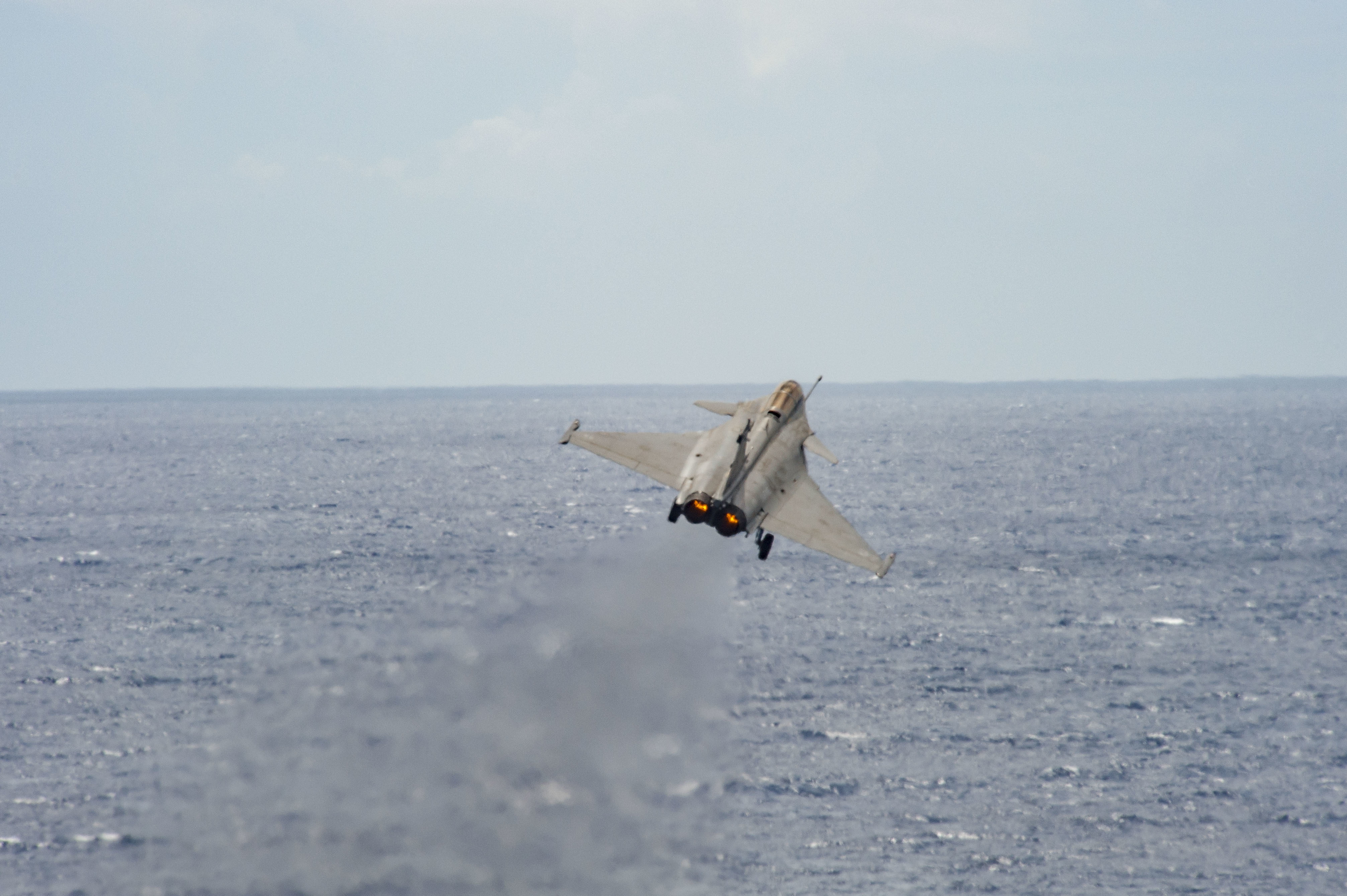Recently, the French Defense Minister spoke to a defense forum in Paris and raised questions about the US and Europe and provided her perspective on the way ahead for Europe. She argued, not surprisingly, for more European autonomy in defense.
But clearly, the Brexit dynamic is a fundamental challenge to shaping an effective way ahead, as well as the dynamics of change in the regional clusters forming in Northern Europe and Central European states as well.
And the dynamics of change in Italy provide a challenge as well, given how important Italy has been to European construction.
To get the kind of autonomy she seeks, the structure of Europe will need to change as well.
There is no easy march from the trajectory of the 1990s — the Euro, EU expansion, the expanded role of the Commission and the role of the European court — to get the kind of effective European defense which she desires as does the Trump Administration.
An recent article by the well regarded defense correspondent based in Paris, Pierre Tran, highlighted her perspective and focused on the challenges.
The U.S. is a close and valued ally to France, but the European country seeks continentwide strategic autonomy in defense and security, with a stronger and more cooperative industrial base, said French Armed Forces Minister Florence Parly.
“The United States is our ally and our friend, and it will remain so,” she said Sept. 11 at the Summer defense university, a gathering of parliamentarians, officers and foreign guests. “Our cooperation in defense and security is intense and highly valued.”
Parly had planned to pass on that message when she saw U.S. Defense Secretary Jim Mattis in Washington on Thursday, but that trip to the U.S. — which included a presentation at the Atlantic Council — was canceled due to Hurricane Florence hitting the East Coast.
“Can we always count, in every place and in every circumstance, on American support?” she said.
“Listen to the statements of the U.S. president, read his tweets: The message sent is clear and without ambiguity,” she added. “We have to count on ourselves … build a European strategic autonomy.”
But Robbin Laird, an analyst with U.S.- and France-based consultancy ICSA, said the U.S. is very present in Europe.
“Despite the president’s comments on NATO and Article 5, his administration has committed significant resources in Europe,” he said, referring to the alliance’s charter that calls for a united response should a member nation come under attack.
Mattis was recently “very visible in Finland,” attending a trilateral meeting with Finnish and Swedish senior officials, Laird said, noting the upcoming NATO Trident Juncture exercise in Norway in October and November.
“It is clear Trump would welcome a more European capability; a real defense capability is what he is looking for, not just words,” he said.
On the industrial front, Parly said France and Germany have signed up for projects for a Future Combat Air System — centered on a new fighter jet— and a new tank. This is a “historic step for Europe, for the future of our equipment and the strength of our industry,” she said. These were long-term commitments, open to other nations, she added.
Parly also called for greater cooperation in building military equipment.


